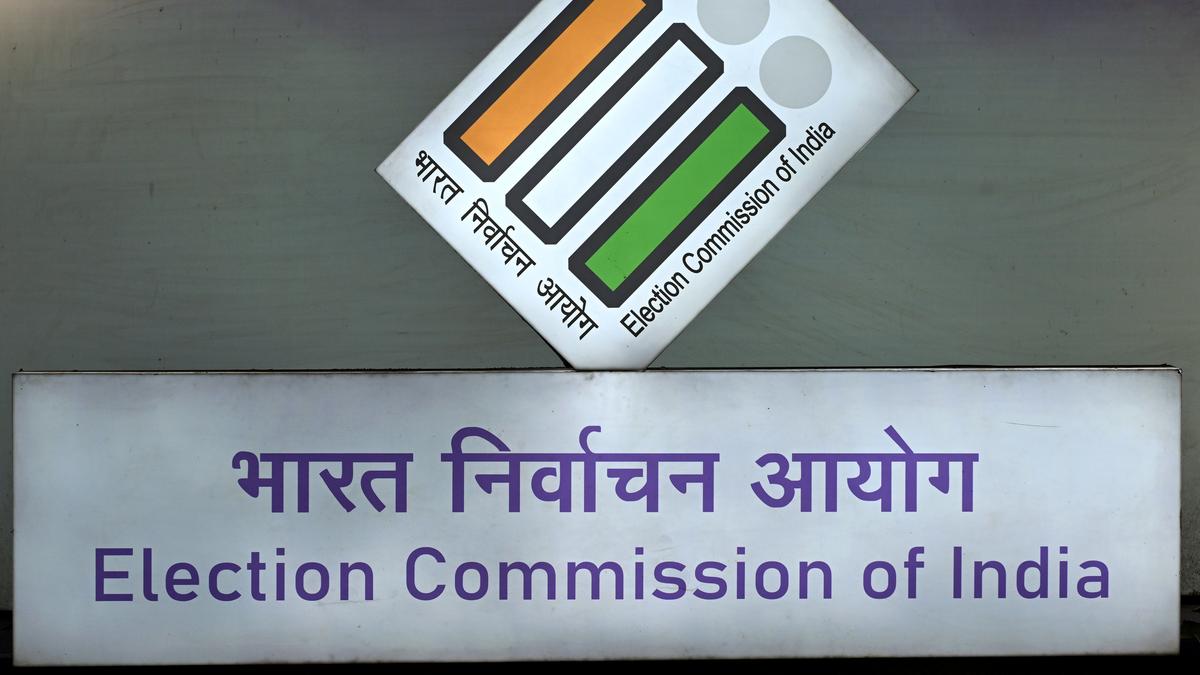
Supreme Court to hear validity of CEC/EC appointment law on February 19, a day after incumbent Rajiv Kumar retires
The Hindu
Supreme Court postpones hearing on law giving government more power in CEC appointment process to February 19.
The Supreme Court on Wednesday (February 12, 2025) shifted the hearing on petitions challenging the legality of a new law which gives a dominant role to the Central government in the appointment process of Chief Election Commissioners (CEC) and Election Commissioners (EC) to February 19, a day after incumbent CEC Rajiv Kumar is scheduled to retire from office.
Advocate Prashant Bhushan, appearing for one of the petitioners, the NGO Association for Democratic Reforms, indicated to a Bench of Justices Surya Kant and N.K. Singh that the case was time-sensitive due to the impending retirement of Mr. Kumar.
Justice Kant however assured Mr. Bhushan that “consequences” of the court’s decision on the validity of the Chief Election Commissioner and other Election Commissioners (Appointment, Conditions of Service, and Term of Office) Act of 2023 would inevitably follow even if something had happened in the interregnum.
Also Read | On CEC/EC appointments’ law, the legal battle is between court’s opinion and legislative powers: Supreme Court
The exchange happened during an oral mentioning made before the Bench by Mr. Bhushan, who said the case was originally listed on February 12.
Justice Kant said he had not been keeping well and instructed the Registry in court to certainly list the case on February 19.
The previous hearing of the case was on February 3. The petitioners had told the court that they ideally wanted a decision on the law before the appointment of the next CEC.

Andhra Pradesh HRD Minister promises an alternative to G.O. 117 and steps to boost admissions in government schools. A total of 10,49,596 students from Classes 1 to 10 moved away from the government schools due to the G.O. issued by the YSRCP dispensation, he informs the Legislative Council. Objecting to a member’s remark on ‘saffronisation in education’, he says the coalition government wants the students to excel, irrespective of caste, religion or region.

The Puducherry government has decided to launch a scheme on April 14, 2025, to distribute free 20-litre water cans to households in places in the Union Territory (UT) where the quality of drinking water has deteriorated, Minister for Public Works K. Lakshminarayanan informed the Assembly on Wednesday (March 19, 2025).











